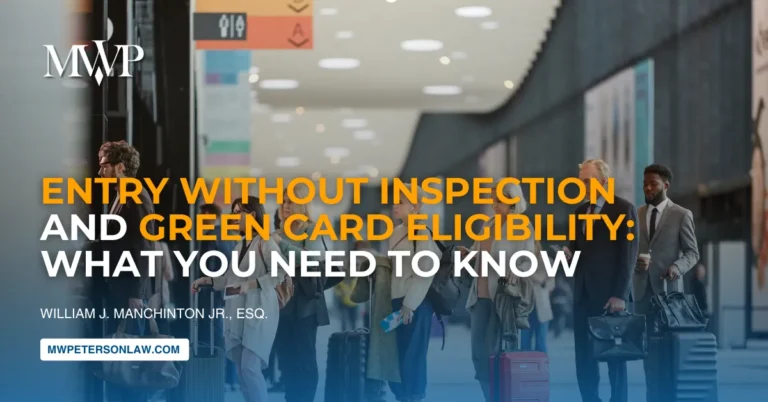Understanding Bail Revocation in Massachusetts
Bail revocation in Massachusetts can happen if you are arrested for a new case while you’re out on release for another case. You can be held in jail for up to ninety days. At the Law Office of Matthew Peterson, we will help you understand what is bail revocation in Massachusetts.
Consequences of New Arrests
If you’ve been released on bail on a criminal charge and you’re arrested for something new, your bail could be revoked. This means that you will be held in jail for up to 90 days without the right to bail.
The Role of the Prosecutor and Judge
The prosecutor must ask for a bail revocation at your first court hearing on the new case. The judge on the new case will then make a decision on whether to hold you without bail and set a bail on the new case.
Criteria for Bail Revocation
When deciding whether to revoke your bail, the judge must find three things: First, that you were given the “bail warning” on your first case. Second, there is probable cause to believe you committed the new offense. Third, your release will seriously endanger someone in particular or the community at large.
Evidence Presented in Court
The prosecutor will generally only present the police report and possibly your criminal record to the judge. They will not generally call witnesses.
Jurisdiction of Bail Revocation
The judge can revoke your bail even if you’re out on bail out of a different court. This means if you’re released on a charge in Chelsea and get arrested in Malden, the judge in Malden can revoke your bail in Chelsea.
Can I Appeal a Bail Revocation?
If a judge revokes your bail, that decision cannot be appealed to superior court in a bail review. There are ways to appeal the revocation of your bail, but it is rare.
Taking Action
If you’re facing a bail revocation, act fast and contact a Boston criminal defense lawyer to defend you. Although our office is in Boston, we handle criminal defense cases throughout Massachusetts. Contact the Law Office of Matthew Peterson today at (617) 295-7500, and let’s get started on your defense.
Frequently Asked Questions (FAQs) About Bail Revocation
1. What happens during the bail revocation hearing in Massachusetts?
During a bail revocation hearing in Massachusetts, the judge will review the evidence presented by the prosecutor and may allow you or your lawyer to present arguments against the revocation. The judge will then determine whether to revoke your bail based on the criteria established.
2. Can I be released on bail again after a revocation?
In some cases, it may be possible to secure a new bail arrangement after a revocation, but this typically requires a separate hearing and must demonstrate that the circumstances have changed since the original revocation.
3. How can I prepare for a bail revocation hearing in Massachusetts?
To prepare for a bail revocation hearing, it is essential to consult with an experienced attorney who can help you understand the process, gather necessary evidence, and develop a strong defense strategy.
4. What types of offenses are most likely to lead to bail revocation?
Bail revocation can occur for any new criminal offense, but serious charges such as violent crimes, drug offenses, or repeat offenses are more likely to trigger a revocation.
5. Will my previous criminal history affect my bail status?
Yes, your previous criminal history can significantly impact the judge’s decision regarding bail revocation. A history of prior offenses may lead to a higher likelihood of revocation if you are arrested for a new crime.











